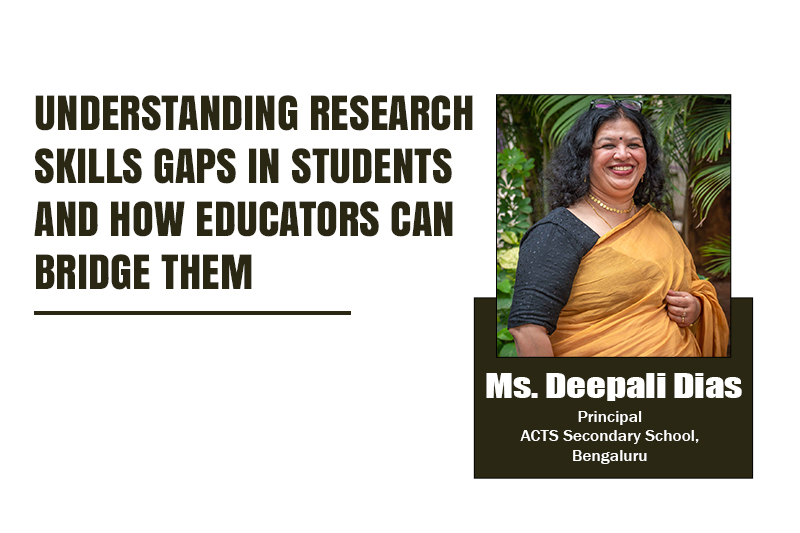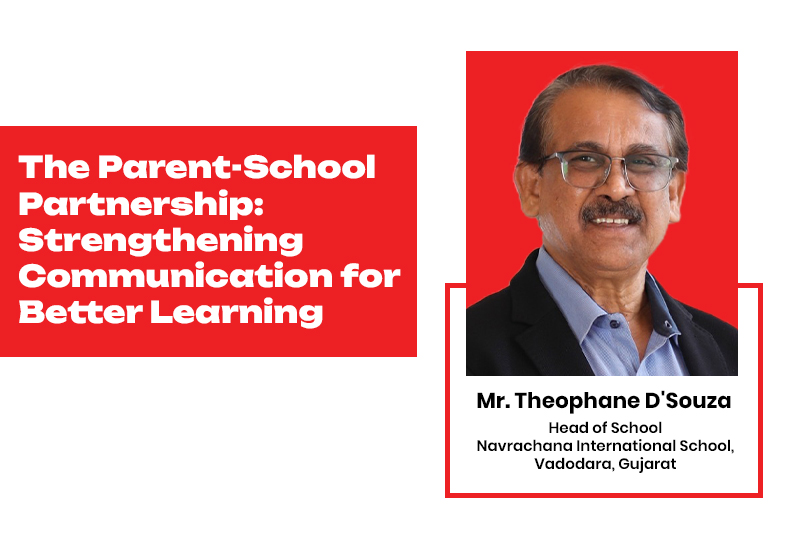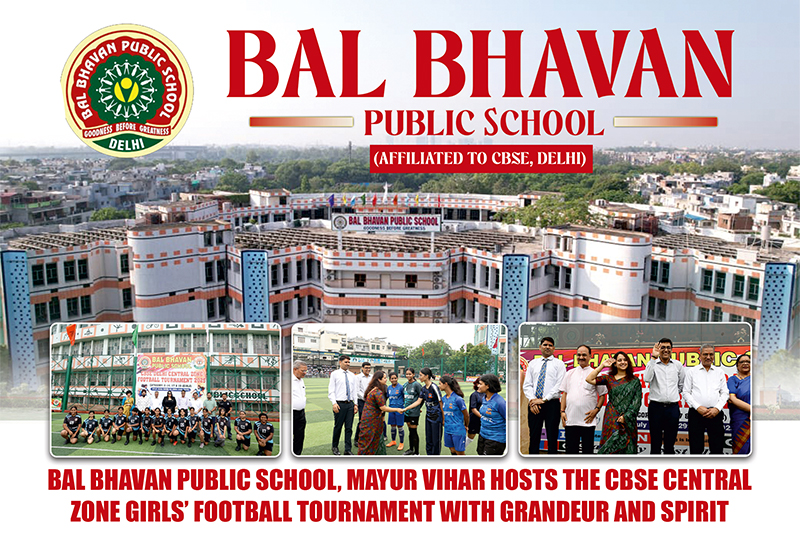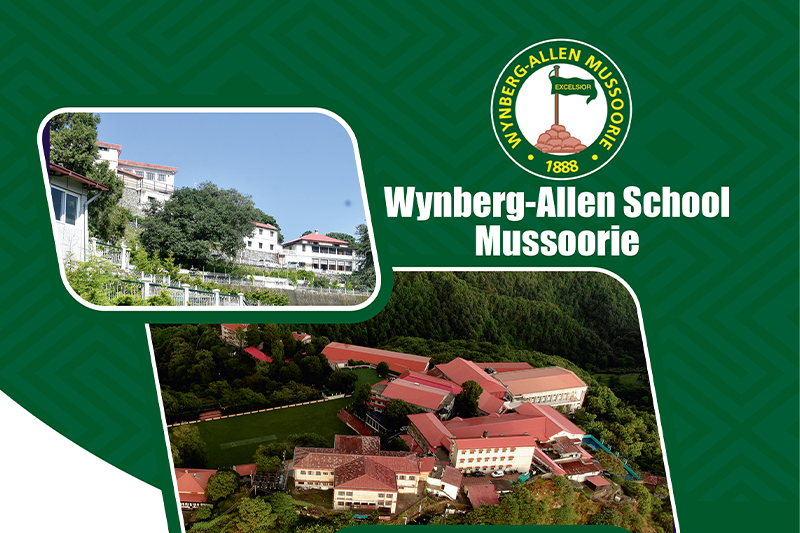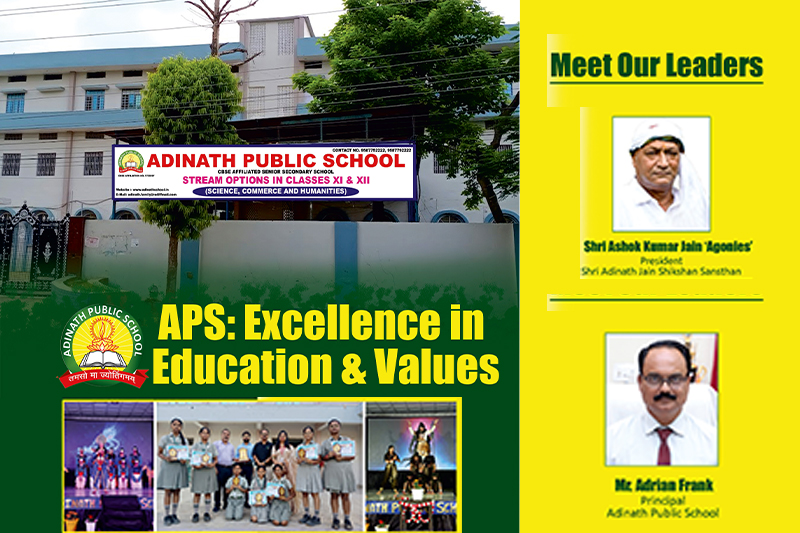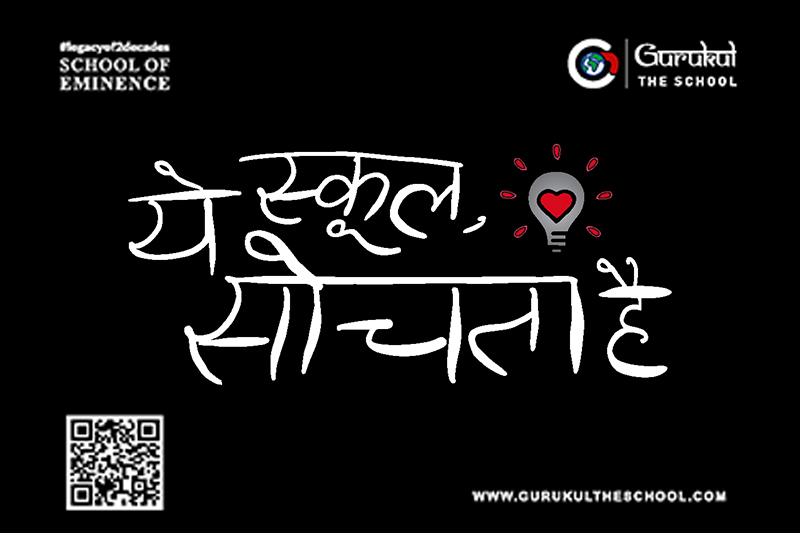ACTS Secondary School | Ms. Deepali Dias on Bridging Student Research Skills Gaps
Ms. Deepali Dias, ACTS Secondary School
In today’s knowledge-driven world, the term "research skills" frequently surfaces in academic discussions, professional settings, and even personal growth journeys. For students, these skills encompass more than just the ability to search for information online—they encompass critical thinking, source evaluation, data analysis, and the ability to communicate findings effectively.
Ms. Deepali Dias, Principal of ACTS Secondary School, observes that many students lack adequate competency in this area despite their importance. She explains that the research skills gap refers to the difference between the skills students are expected to demonstrate in higher education or workplaces and the actual abilities they possess. This disconnect often hampers their ability to conduct meaningful inquiry, produce quality academic work, and transition smoothly into professional or advanced academic environments.
Causes Behind the Research Skills Gap
Ms. Dias highlights that the reasons for this gap are not singular but somewhat interconnected.
- Limited Exposure in Early Education
Many schools, particularly in systems emphasizing rote learning, do not expose students to structured inquiry-based learning during their formative years. As a result, they lack the foundation for independent exploration when they reach higher education.
- Inadequate Mentorship
While mentoring is a vital component of education, it does not always translate into improved research skills unless it is deliberate. Mentors must actively shape students’ behaviors toward information literacy and knowledge construction rather than merely providing feedback.
- Overemphasis on Grades
Academic environments often prioritize exam performance and marks over curiosity-driven exploration. This creates a scenario where students memorize information rather than engage in critical thinking or problem-solving.
- Lack of Experiential Learning
Opportunities such as faculty-led research projects, internships, and hands-on activities remain limited for many students—especially those from non-STEM fields or under-resourced institutions.
- Poor Information Literacy
Ms. Dias stresses that one of the biggest challenges is students’ struggle to evaluate sources, synthesize data, and apply findings meaningfully—skills central to effective research.
Consequences of the Gap
The absence of robust research skills creates a ripple effect across academic and professional domains.
- Low-Quality Academic Work
Without proper training, students often resort to superficial or even plagiarized submissions, unable to produce original or methodologically sound work.
- Reduced Employability
Many employers report that graduates lack essential analytical thinking, problem-solving skills, and effective communication—all closely tied to research competency.
- Hindered Creativity and Innovation
Without strong research foundations, students find it challenging to generate original ideas or contribute meaningfully to innovation in their chosen fields.
Ms. Dias notes that such outcomes affect individual students and weaken the overall academic ecosystem by producing graduates unprepared for future challenges.
Bridging the Research Skills Gap
Addressing this challenge requires collaborative efforts from schools, educators, and students. Ms. Dias outlines several strategies that can be implemented to strengthen research competencies:
- Integrating Research Early in the Curriculum
Introducing inquiry-based learning and small research projects at the school level can give students a solid foundation. By engaging in independent investigation early, students develop the confidence and curiosity needed for higher-level tasks.
- Structured Mentorship
Effective mentorship should focus on academic guidance and cultivating information-seeking behavior, critical thinking in education, and problem-solving skills for students.
- Leveraging Digital Platforms
Online resources such as MOOCs, Coursera, or India’s SWAYAM platform offer specialized research methodology, data analysis, and academic writing courses. Schools can encourage students to participate in these as supplementary learning experiences.
- Encouraging Interdisciplinary Projects
Ms. Dias advocates combining disciplines—for instance, blending storytelling with AI or merging science and art projects. Such collaborations make research engaging, promote creativity, and demonstrate the real-world applications of academic inquiry.
- Inclusive Opportunities
Research should not be limited to high-achieving students or those in STEM fields. By offering internships, paid assistantships, and projects across disciplines, schools can make research accessible to all, thereby creating inclusive academic environments.
Why Research Skills Matter
From Ms. Dias’ perspective, strong research abilities are not optional—they are fundamental to preparing students for future success.
- Boosting Academic Performance
Students who understand how to structure arguments, evaluate sources, and present findings with evidence naturally perform better in academic settings.
- Preparing for Higher Education and Careers
Universities and employers value individuals capable of critical thinking, independent problem-solving, and clear communication.
- Encouraging Lifelong Learning
Research fosters curiosity and the habit of questioning, skills that remain valuable throughout life.
- Promoting Innovation and Creativity
Effective research enables students to connect diverse ideas and generate new solutions, which are essential traits in today’s innovation-driven world.
- Building Confidence and Ownership
By engaging in research, students learn to trust their thinking, defend their viewpoints, and take ownership of their learning journey.
ACTS Secondary School’s Approach
Under the leadership of Ms. Deepali Dias, ACTS Secondary School has been actively working toward cultivating inquiry-based learning in its students. The school emphasizes developing not just subject knowledge but also transferable skills such as information literacy in education, employability skills for students, and problem-solving abilities.
Ms. Dias envisions classrooms where curiosity is encouraged, questions are celebrated, and students are trained to explore beyond textbooks. For her, education must be about empowering learners to navigate an information-rich but often complex world with confidence and discernment.
A Call to Action
Bridging research skills gaps requires collective commitment. Parents, teachers, school leaders, and policymakers must recognize that fostering critical thinking and research competence is as important as achieving academic grades. By investing in these abilities, schools can ensure that students are prepared for exams and equipped for life.
Ms. Deepali Dias believes that students who master research skills will grow into self-reliant, innovative, and resilient individuals—essential for success in higher education and professional careers. For her, this is not just about improving academic outcomes but about shaping learners who can meaningfully contribute to society.
Conclusion
The importance of research skills in students cannot be overstated. They are the foundation for academic success, professional readiness, creativity, and lifelong learning. Yet, as Ms. Dias highlighted, many students face significant learning gaps in this area due to systemic limitations.
Institutions can play a pivotal role in improving research skills in education by integrating inquiry-based learning in schools, promoting mentorship, encouraging interdisciplinary projects, and leveraging digital platforms.
Bridging the research skills gap is not just an educational initiative—it is an investment in students' futures, empowering them with the tools they need to thrive in higher education, in the workforce, and as problem-solvers in an ever-changing world.
At ACTS Secondary School, Ms. Deepali Dias continues to champion this cause, ensuring that students are academically competent and innovative, confident, and research-driven individuals ready for the challenges ahead.
